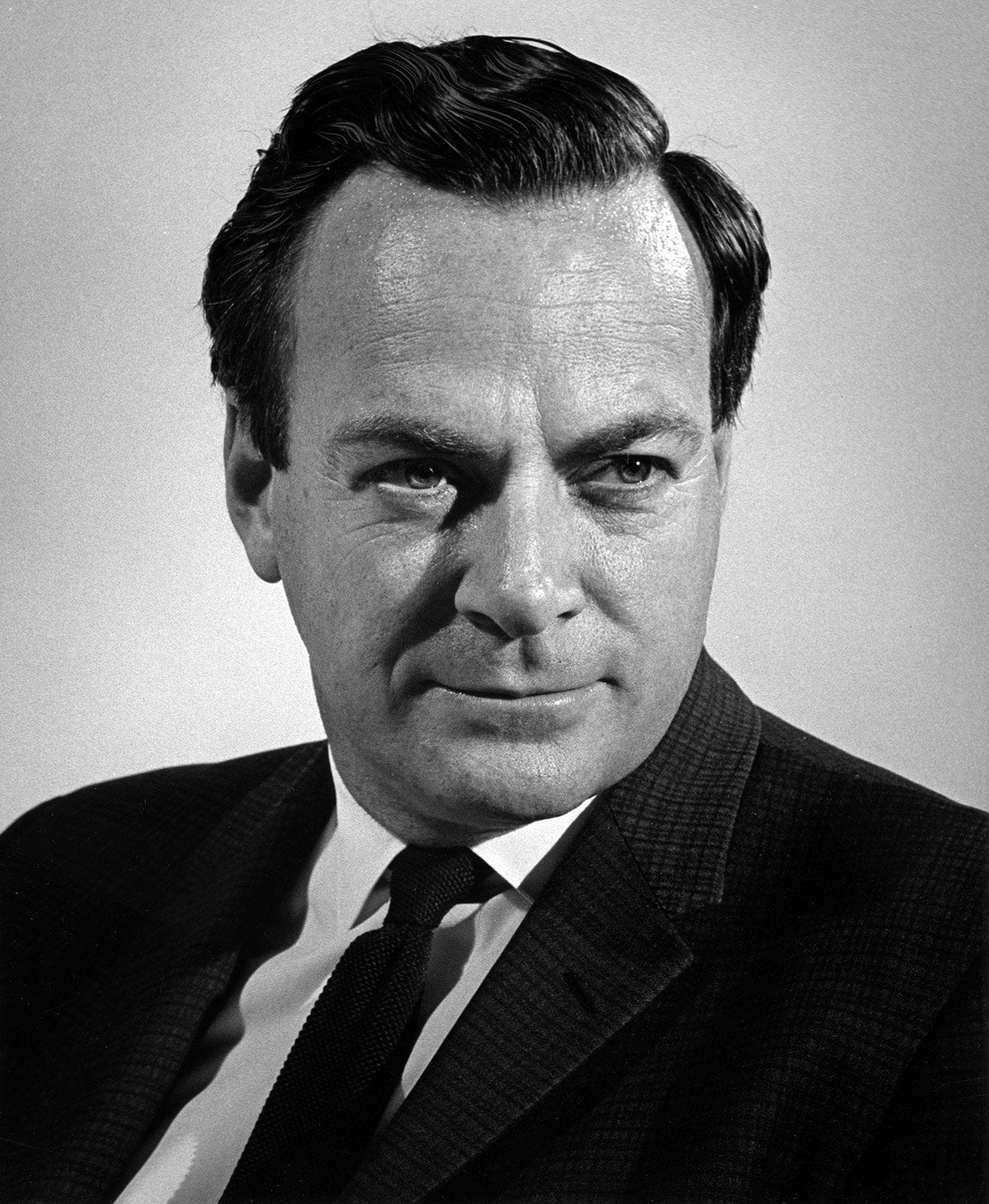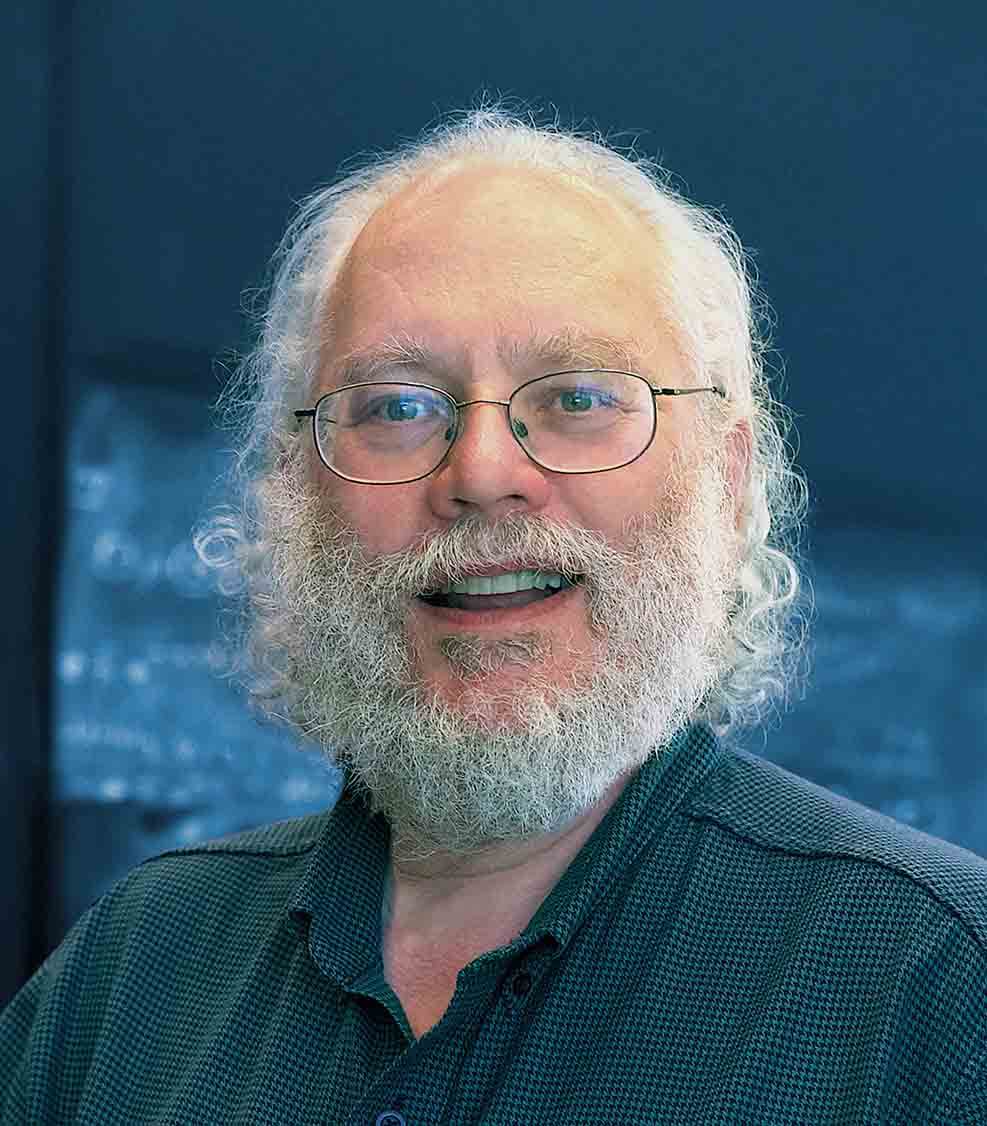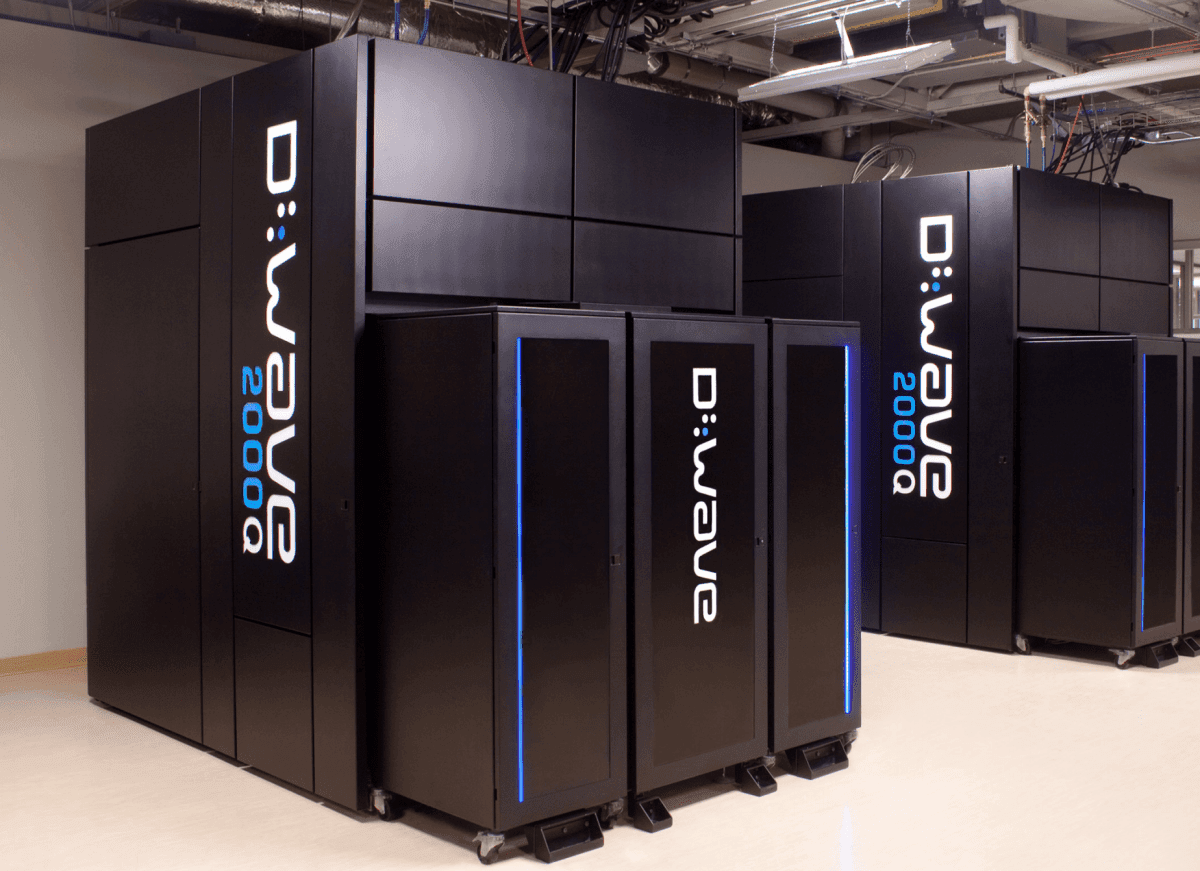Introduction
Quantum computing is one of the most exciting technological advancements of the 21st century, poised to revolutionize industries by solving problems far beyond the reach of classical computers. Unlike conventional computers, which rely on binary systems of 0s and 1s, quantum computers exploit the principles of quantum mechanics to perform computations in radically new ways. As the race to develop fully functional quantum computers intensifies, companies and researchers across the globe are working toward unlocking its vast potential for real-world applications.
The First Invention
The concept of quantum computing was first proposed by physicist Richard Feynman in 1982. Feynman realized that classical computers struggled to simulate quantum systems, suggesting that a computer based on quantum mechanics might overcome this limitation. The first significant breakthrough came in 1994 when Peter Shor developed a quantum algorithm capable of factoring large numbers exponentially faster than classical algorithms. This algorithm proved that quantum computers could outperform classical ones in certain areas, sparking intense interest in the field.

Richard Feynman & Peter Shor
Technology
(Quantum Bit vs. Bits)
At the heart of quantum computing is the quantum bit, or qubit. Unlike classical bits, which exist in a state of 0 or 1, qubits can exist in multiple states simultaneously, thanks to the property of superposition. This allows quantum computers to process a vast number of possibilities at once. Another crucial feature of qubits is entanglement, where the state of one qubit is dependent on the state of another, even if they are far apart. This interconnectedness enables quantum computers to solve problems more efficiently than classical computers.
In contrast, classical computers process information in binary form (either 0 or 1), making them inherently slower at solving complex problems. Quantum computers, by leveraging superposition and entanglement, have the potential to process information exponentially faster.
Leading Companies
Several technology giants and startups are pioneering quantum computing research.
- IBM:
IBM has been a major player with its IBM Quantum initiative, offering cloud-based quantum computing access through IBM Q Experience.
- Google:
In 2019, Google claimed to have achieved “quantum supremacy,” where its Sycamore processor solved a problem that would take classical computers thousands of years.
- Microsoft:
Through its Azure Quantum platform, Microsoft is developing quantum hardware and software solutions.
- D-Wave:
A leader in quantum annealing, D-Wave has developed systems aimed at solving optimization problems.
- Rigetti Computing:
This startup focuses on building quantum processors and offering hybrid classical-quantum computing solutions.
Benefits
Quantum computers promise unprecedented computational power, enabling them to tackle problems that classical computers find insurmountable.
Some of the key benefits include:
- Speed: Quantum computers can solve complex problems in seconds that might take classical computers years.
- Efficient Simulations: Quantum computers excel at simulating natural processes, such as molecular structures or chemical reactions, making them invaluable in drug discovery and materials science.
- Enhanced Cryptography: Quantum computers could revolutionize encryption, providing new methods for secure communication and data protection.
- Optimization: Complex optimization problems, such as those in logistics or financial modeling, could be solved more efficiently with quantum computers.
Applications
The potential applications of quantum computing are vast, spanning multiple industries.
- Pharmaceuticals and Drug Discovery:
Quantum computers can simulate molecular interactions at a level of detail that classical computers cannot, speeding up drug discovery and development.
- Finance:
Quantum algorithms could optimize portfolios, perform risk analysis, and detect arbitrage opportunities more accurately than classical methods.
- Artificial Intelligence (AI):
Quantum computing could enhance machine learning algorithms, allowing AI systems to process and analyze large datasets faster and with more precision.
- Climate Modeling:
Accurate climate predictions require simulating highly complex systems. Quantum computers could model weather patterns, atmospheric dynamics, and energy flows more effectively.
- Cybersecurity:
While quantum computers threaten current encryption methods, they can also help develop quantum-resistant algorithms, safeguarding data in the future.
The Future
Quantum computing is still in its infancy, but rapid advancements are being made. The current generation of quantum computers, known as Noisy Intermediate-Scale Quantum (NISQ) devices, has limited qubits and is prone to errors. However, as researchers improve qubit stability, error correction, and scalability, the power of quantum computing will grow exponentially. Within the next decade, we may see fully functional, large-scale quantum computers capable of solving real-world problems. The development of quantum networks and communication protocols will also open new avenues for secure data transmission and quantum internet.
The Main Vision
The ultimate vision of quantum computing is to transform the way we process information, solve problems, and innovate across industries. By leveraging the principles of quantum mechanics, quantum computers will enable breakthroughs in fields ranging from healthcare and materials science to cryptography and artificial intelligence. The goal is to create a new computational paradigm where once-impossible problems become solvable, propelling humanity into an era of unprecedented technological advancement.
Conclusion
Quantum computing represents the next frontier in computation. While still in development, its potential to solve complex problems faster and more efficiently than classical computers is undeniable. As companies and researchers continue to push the boundaries of quantum technology, we are inching closer to a future where quantum computers will revolutionize industries, enhance our understanding of the universe, and shape a more innovative and secure digital world. The journey toward fully functional quantum computers is challenging, but the benefits that await make it a transformative endeavor worth pursuing.












[…] Google Quantum AI :: Our post: https://tamiliz.com/quantum-computing-the-future-of-computation-super-computers-are-losers/ […]
[…] Mechanics (Our Previous Post -> click […]
[…] Quantum Computing and Parallel Realities: Some believe advancements in quantum computing might provide insights into alternate realities.(click for more by us) […]